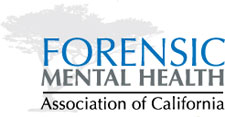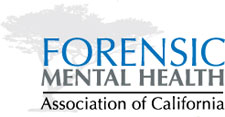Understanding the Legal Contours of Competence to Stand Trial and the Insanity Defense: A Primer for Mental Health Professionals
On-Demand
Summary
Forensic mental health practitioners are involved in an endeavor that requires familiarity with controlling legal doctrines, and knowledge about current substantive and procedural law related to the assessment of competence to stand trial, and the evaluation of insanity under California standards. This presentation will cover these topics with cross references to the literature on forensic mental health assessment, and with attention to best practices in each of these two areas of forensic assessment.
Presented By

John Philipsborn, M.ed, JD, MAS has been a criminal defense lawyer for more than 40 years. He as litigated, published, and lectured extensively on forensic mental health matters, in particular on competence to stand trial and on foundations for the expression of opinions on forensic mental health issues. He has often presented to FMHAC audiences and was the 2015 recipient of FMHAC’s Christine West award. He has received recognition from California’s CEB, and from organizations of lawyers for his contributions. He was recently a visiting scholar at the University of Pennsylvania’s Center for Neuroscience and Society and at the University of California’s Center for Law and Society.
Learning Objectives
- Identify, list and describe 3 applicable substantive and procedural legal requirements that relate to competence to stand trial assessments and the insanity defense.
- Explain 3 standards that relate to competence to stand trial assessments and to the insanity defense.
- Identify and describe 2 professional literatures and published practice guidelines and recommendations that relate to competence and insanity evaluations and assessments.
CE Credit |
Intended Audience |
Experience Level |
|
5 CE Available for CPA, BBS, BRN, MCLE, CJER
Additional Continuing Education Information |
This training is intended for mental health and related professionals.
|
This training is appropriate for all level clinicians.
|

